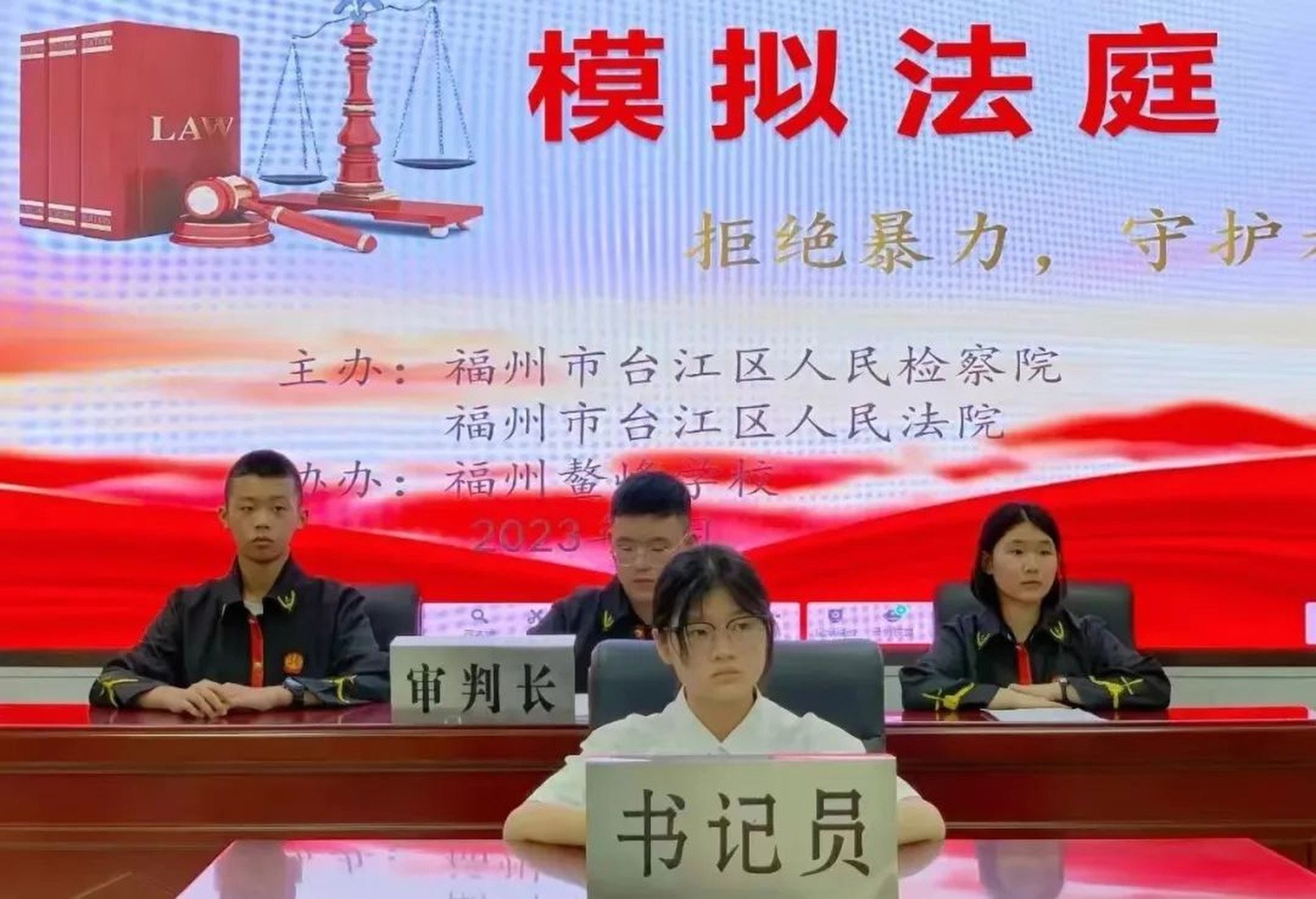The same month, reports surfaced of a video showing three boys bullying another boy in Linyi, Shandong province. During the seven-minute video, the boys stuffed rubbish into the victim’s mouth before repeatedly beating and kicking him as he cried out in pain. And, in April, a 14-year-old girl was attacked by a classmate in Changsha, Hunan province. In desperation, the victim self-harmed.
These incidents have shocked people in China. Yet, they are just the tip of the iceberg. Research indicates that bullying is a widespread problem in Chinese schools. Huazhong Normal University conducted a survey of six provinces and found that, between 2019 and 2020, 32.4 per cent of primary and middle school students experienced verbal, physical or online bullying. Of course, bullying is a universal problem but, in China, it seems it has not been taken seriously enough.
One thing many people agree on is that schools have not paid enough attention to the issue. According to a recent study of school bullying in Shanghai, just over 51 per cent of parents feel that schools “pay some attention, but there is room for improvement”, and nearly 15 per cent believe schools “do not pay enough attention”.

The current laws are inadequate. In 2021, school bullying was incorporated into the Law on Protection of Minors. However, in China’s criminal system, school bullying is not listed as a crime so there is a lack of applicable offences.
Juvenile offenders have been usually treated with leniency. Li Wannan, an academic who looked into the issue in terms of criminology, argued that this approach had, to some extent, led to increased instances of bullying because it undercuts the intended deterrence of already weak laws.
According to China Daily, the number of juvenile suspects being prosecuted jumped by 42.8 per cent from 2020 to to 2022. Various factors lead to bullying in schools. Among them is the prevalence of social media that might expose young people to violence or cause them to see bullying as a way to express power or social status.
Today’s young people, many of them only children, might be more self-centred compared to their parents. Unfortunately, the old social guard rails of family and the strong collectivist spirit instilled in generations of Chinese are fading as morality declines.
The Chinese government has tried to tackle the issue. In 2017, it introduced new guidelines to prevent school bullying and declared that bullies could face expulsion. In May this year, it launched a nationwide campaign to address problems in basic education, including bullying.
The campaign is certainly a positive step and is likely to increase public awareness. Yet much more needs to be done. The fight against bullying must be a joint effort. China should build a system of comprehensive governance, combining forces from the government, schools, communities and families.
Schools should identify and pay extra attention to vulnerable groups, such as children with disabilities or left-behind children, and provide counselling to both victims and perpetrators. And school authorities should report bullying to the police.
Prevention is important, but so is the sanction of real punishment. To better protect children, China should consider introducing a specific anti-bullying law, which clearly defines what constitutes school bullying and stipulates what accountability looks like. In the US, there are such laws in most states.
School bullying is a serious issue that may cause severe long-term psychological and physical trauma. Children are seen as the “flowers of the motherland” and the future of the nation, to borrow the cliché. They should feel safe in schools. Let’s do everything we can to make them feel that way.
Lijia Zhang is a rocket-factory worker turned social commentator, and the author of a novel, Lotus


